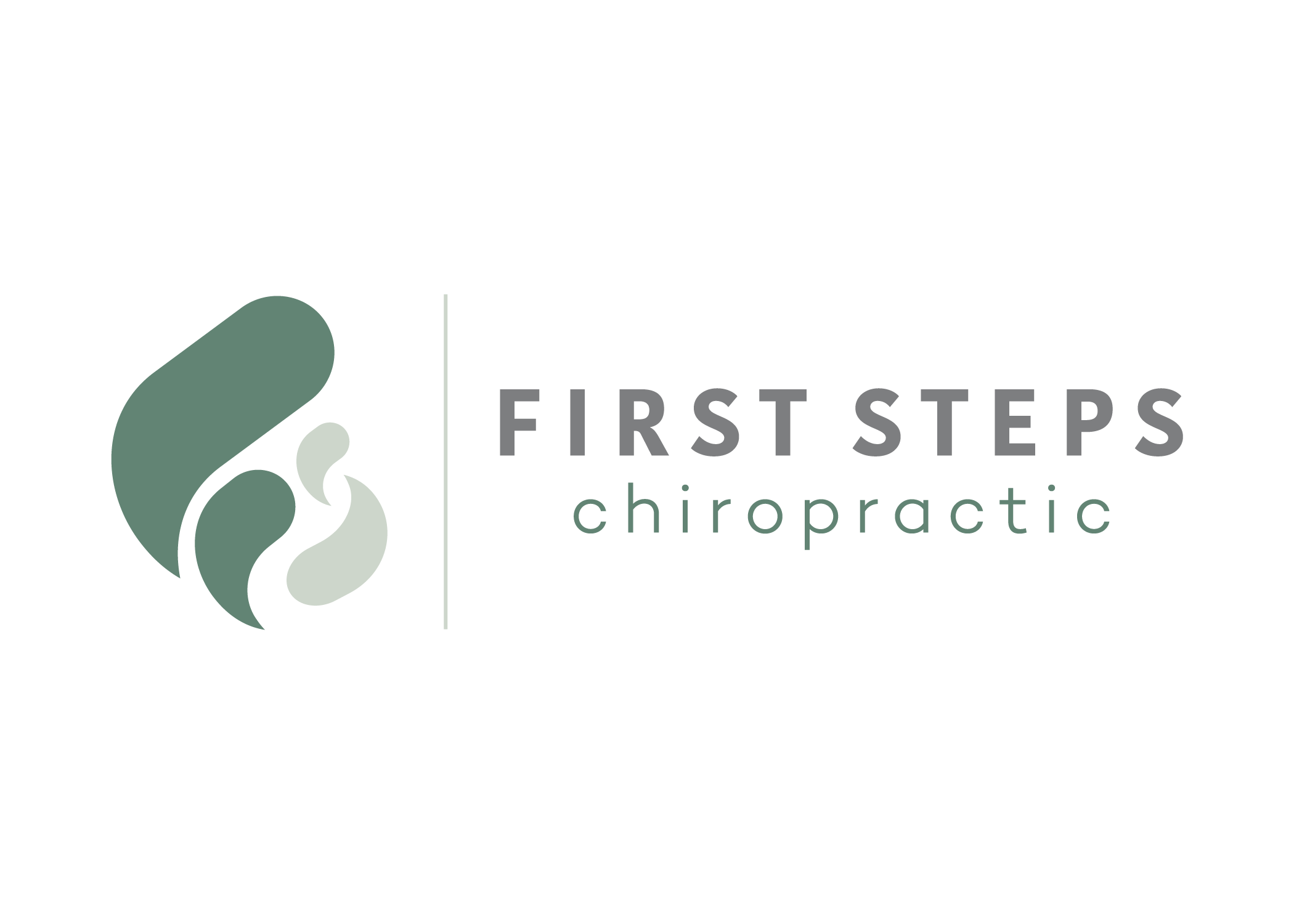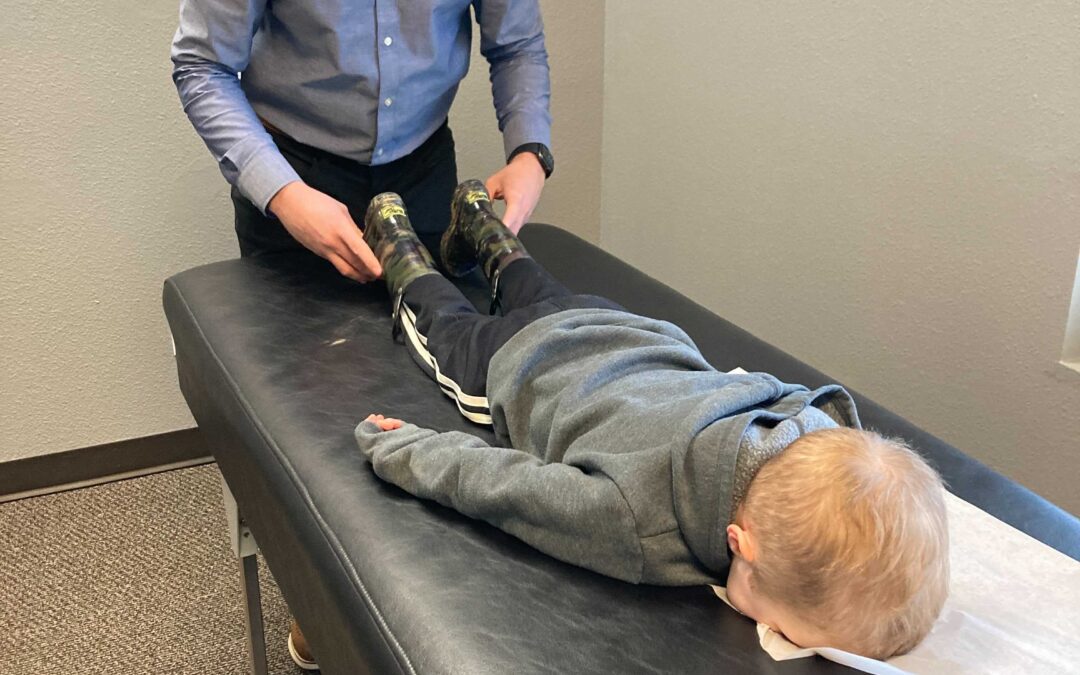Imagine if there existed a singular health condition that could be the underlying cause of numerous chronic issues such as headaches, chronic fatigue, anxiety, gastrointestinal problems, immune disorders, spectrum and sensory processing disorders, and much more.
Even though your conventional doctor might not be aware of it and might prefer prescribing pills for each individual problem your child (or yourself) is facing, that doesn’t mean it’s not a reality.
As parents, our primary concern when our children are sick and struggling is finding out the root cause. It’s only natural for us to want to understand what’s truly causing their ailments. Unfortunately, pediatricians and medical doctors often focus solely on managing symptoms instead of addressing the underlying causes.
Well, fellow parents, the answer you’ve been tirelessly searching for is dysautonomia.
Diagnosing and understanding dysautonomia can be challenging because it manifests through a wide range of symptoms, and it doesn’t appear in conventional medical tests such as blood work and labs.
So, what exactly is dysautonomia?
Dysautonomia is a neurological condition that leads to significant imbalances, also known as subluxations, within the autonomic nervous system. It’s closely linked to an overworked and hyperactive sympathetic nervous system, which often results in an underactive parasympathetic nervous system and impaired vagus nerve function.
For those dealing with dysautonomia, this combination of factors leads to two undesirable outcomes:
1️⃣ Increased sympathetic activity, causing heightened tension, anxiety, fatigue, elevated blood pressure, tachycardia, and more.
2️⃣ Reduced parasympathetic and vagus nerve activity, resulting in compromised gut function, a weakened immune system, and difficulties with social and emotional regulation.
But here’s some encouraging news for parents! Our PX Docs Network specializes in addressing complex neurological challenges that traditional medicine struggles to handle. Through our remarkable scanning technology called INSiGHT Scans, we can identify and detect dysautonomia and imbalances within your child’s nervous system.
Based on these findings, we create a highly personalized neurological care plan for your child, which involves neurologically-focused chiropractic adjustments. These adjustments aim to release trapped stress within the nervous system and restore balance to the autonomics, vagus nerve, and more.
At PX Docs, our priority is always to address the root cause and prioritize the nervous system, regardless of the specific condition or health challenge a patient faces.
Patients receiving Neurologically-Focused Chiropractic Care often report improvements in sleep, digestion, immune response, motor planning, behavioral and emotional regulation, and more, which is certainly cause for celebration!
If you suspect that your child (or even yourself) is suffering from dysautonomia and want to learn more about it, I invite you to explore our comprehensive article on the topic. And when you’re ready to schedule a consultation and undergo INSiGHT Scans with a local PX Doc, please refer to our directory and contact your chosen PX Doc promptly to commence your journey toward better health!

